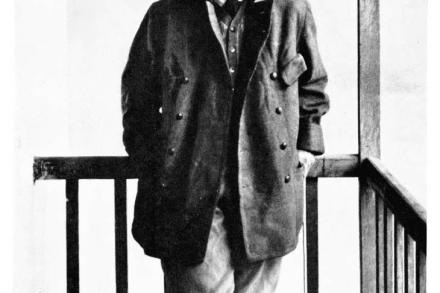The teacher you wish you’d had
Sometimes you can become too well known. For years Richard Dawkins was a more than averagely successful media don, an evolutionary biologist, fellow of New College, writer of popular science books and tousle-haired face of rationalism on countless television shows. It was a good living, and kept us all entertained, but for Dawkins it wasn’t enough. So he wrote The God Delusion, an unambiguous attack on religion and the religious. I should probably say at this stage that I am not a believer, but it does seem to me that if people want to believe in a god or gods, that’s very much up to them. In his stridency, Dawkins


